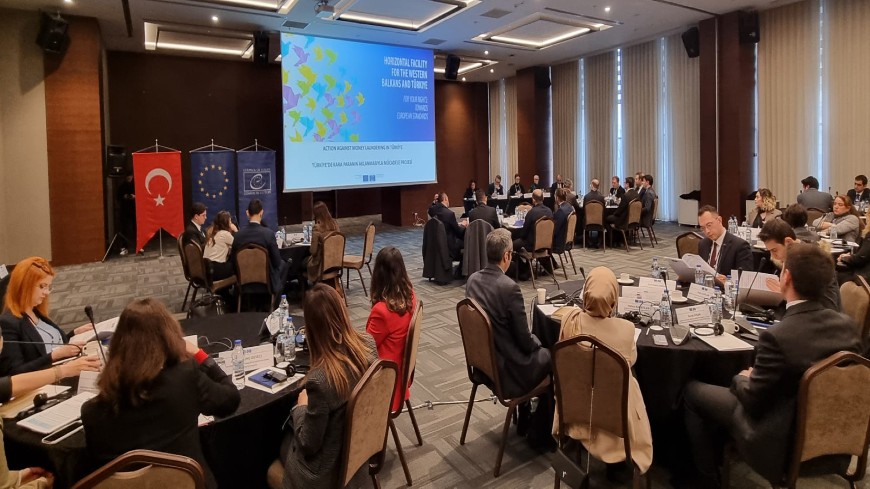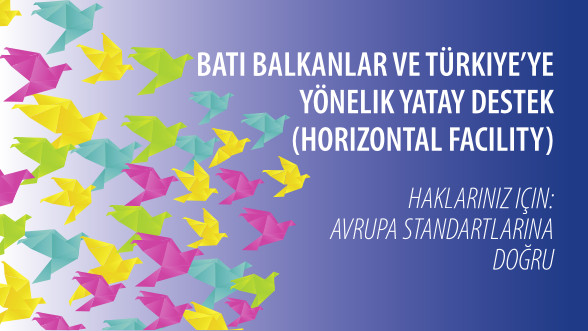Joint European Union and Council of Europe “Action against money laundering in Türkiye” has been working on strengthening capacities of authorities of Türkiye in the area of prevention of money laundering (ML). In that framework and in co-operation with the Financial Crimes Investigation Board (MASAK), the action organised a training session on the risk assessment of virtual assets /virtual assets service providers (VAs/VASPs) on 14 – 15 February.
Virtual assets, despite their potential benefits, can be misused by illicit actors in the absence of robust regulation and undermine the integrity of the financial system. In Türkiye, the latest National Money Laundering and Terrorist Financing Risk Assessment identified that such assets and their service providers pose high level of risk, compounded by lack of legislation regarding licensing and entry conditions to the sector. The mitigation of these risks requires effective implementation of Financial Action Task Force (FATF) standards – a global policy making and standard setting body dedicated to combating Money Laundering and Terrorist Financing (ML/TF).
In this context, and to support the efforts of the Turkish authorities in this area, the event provided an opportunity to discuss and exchange on topical issues related to the implementation of FATF Recommendation 15 which sets out requirements to address the money laundering and terrorist financing risks of virtual assets. Discussions started off with an update by a representative of MASAK, on the current status of VA and VASP risk exposure for Türkiye based on the findings of National ML/TF Risk Assessment.
Further sessions focused on regulatory practices with regard to market entry and authorisation of virtual assets service providers and supervision of authorisation and anti-money laundering/countering terrorist financing compliance. Furthermore, sanctioning and enforcement criteria for non-compliance by virtual asset operators and VASPs, good practices and lessons learnt in asset seizure, management and confiscation, and other related topics were discussed.
In this context, the participants also learned about licensing and supervision of VASPs in Malta from a representative of Malta Financial Services Authority, including lessons learnt in this process. Presentations from experts emphasised the importance of cross-organisation co-operation, proportionality in enforcement actions, and the use of technology to combat financial crime.
The training session brought together the relevant actors in this field including representatives from MASAK, Ministry of Treasury and Finance of Türkiye, Capital Markets Board, Gendarmerie General Command, Tax Inspection Board, Banking Regulation and Supervision Agency, General Directorate of Security, Ministry of Trade, Central Bank, and Insurance and Private Pension Regulation and Supervision Agency.
This activity was organised within the framework of the joint European Union and Council of Europe programme "Horizontal Facility for the Western Balkans and Türkiye " and its “Action against money laundering in Türkiye”.



